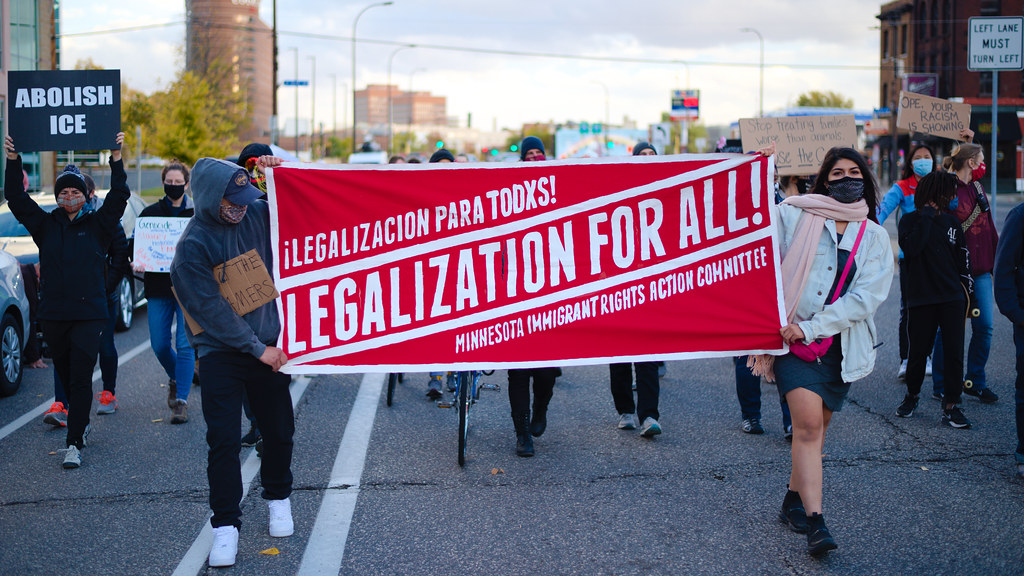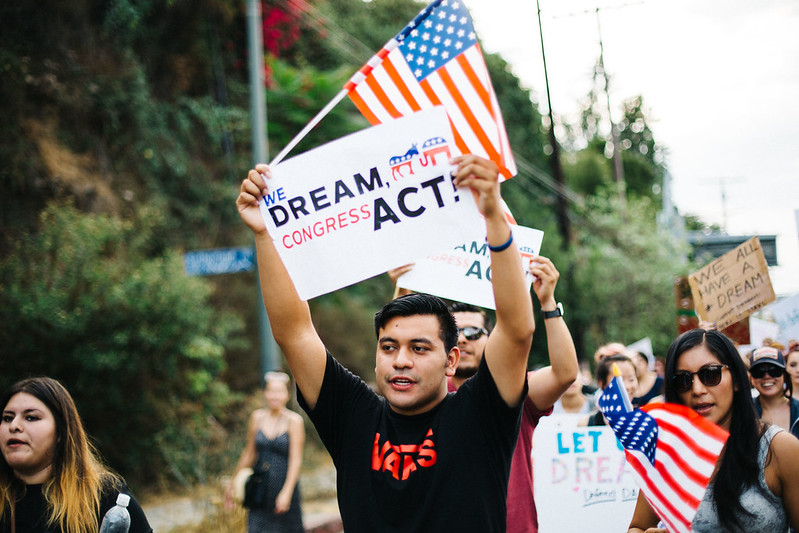 Starting April 11, 2025, USCIS will begin requiring certain foreign nationals to register with the agency and submit to fingerprinting if they remain in the United States for 30 days or longer. Foreign nationals who remain in the U.S. for less than 30 days are not required to register.
Starting April 11, 2025, USCIS will begin requiring certain foreign nationals to register with the agency and submit to fingerprinting if they remain in the United States for 30 days or longer. Foreign nationals who remain in the U.S. for less than 30 days are not required to register.
Failure to comply may expose you to criminal or civil penalties, but registering also means providing sensitive personal information to USCIS that may be used in future enforcement actions.
This makes it important for noncitizens to consult with an immigration attorney before registering. (See important warnings below.)
In this blog post you will learn what the registration requirement is about, who is required to register, the risks of registering, and information about the registration process.
What is the Alien Registration Requirement?
The requirement for foreign nationals to register with the U.S. government is not new—it began in 1940, when Congress first passed a law requiring all foreign nationals to register with the federal government, to provide biographic details (fingerprints), and carry proof of their registration.
Most foreign nationals have been unaware of this requirement because the vast majority are considered “automatically registered” when undergoing the routine visa issuance process and lawfully entering the United States through a port of entry.
However, the alien registration requirement had one glaring flaw. Those who entered the country unlawfully had no way to comply with the registration requirement and meet their obligations under the law.
 Visa Lawyer Blog
Visa Lawyer Blog











